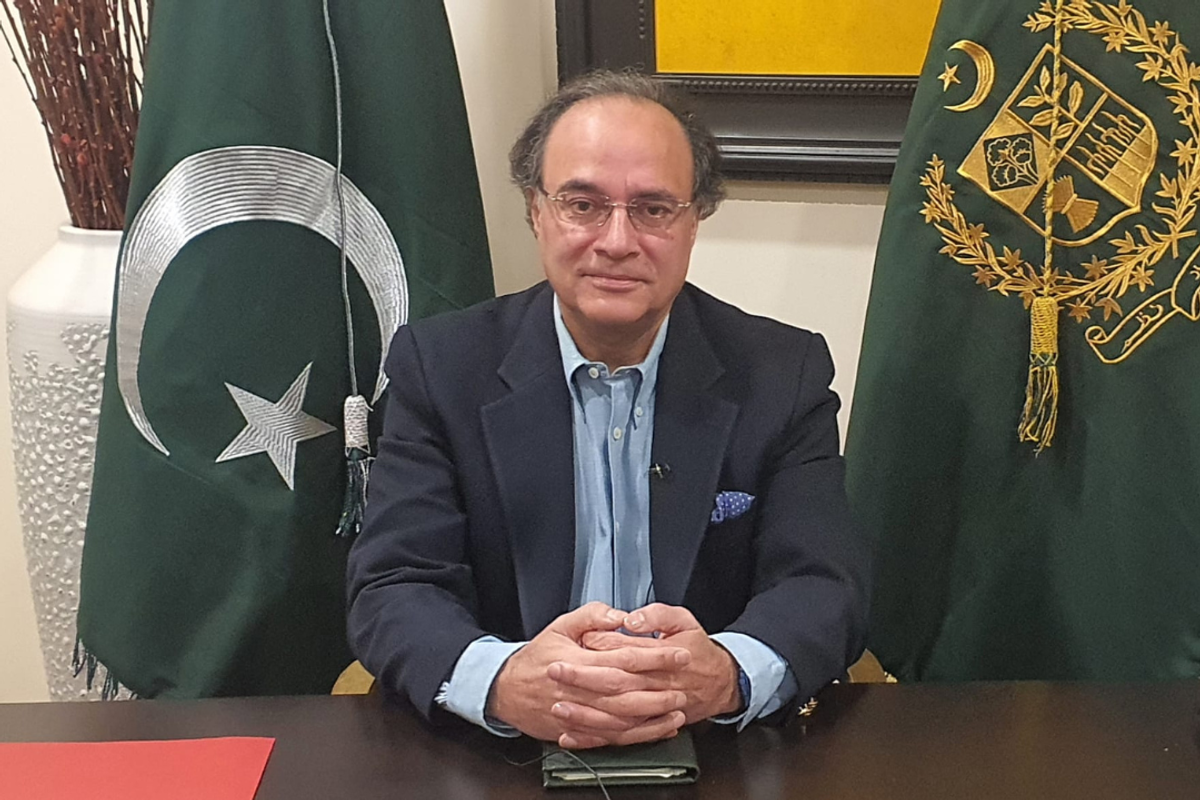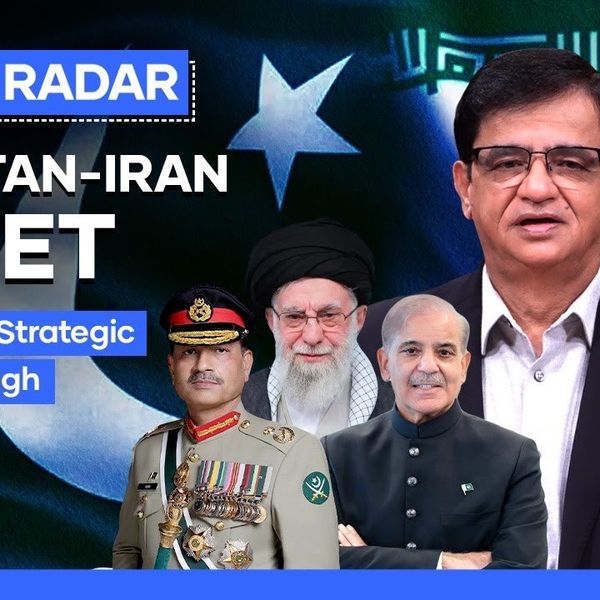Pakistan unveils a new 5-year economic transformation plan
Government envisages to achieve a 6% growth in GDP and boost exports to $60 billion by 2028
Business Desk
The Business Desk tracks economic trends, market movements, and business developments, offering analysis of both local and global financial news.

The government of Pakistan on Tuesday unveiled a comprehensive five-year Economic Transformation Plan, known as Uran Pakistan.
This ambitious initiative aims to achieve a 6% growth in GDP and boost exports to $60 billion by 2028.
At the launch ceremony, Finance Minister Muhammad Aurangzeb emphasized that the plan is already being put into action.
"The plan focuses primarily on export-oriented investments, which will be spearheaded by the private sector," he stated.
Aurangzeb highlighted key elements of the transformation plan, noting that regulatory costs would be reduced, the government would ensure a reliable and affordable energy supply, and tariffs on raw materials for exports would be cut. "The objective is to reduce the cost of doing business," he added.
As part of efforts to optimize public finances, the government has initiated a campaign to ensure fair and improved tax collection. Aurangzeb disclosed that the tax policy is being separated from tax collection. "A new Tax Policy Unit is set up which would directly report to the Ministry of Finance," he said.
The finance minister asserted that the Uran Pakistan Plan is built on a solid foundation and includes a comprehensive implementation strategy with many sectoral plans already in progress.
Additionally, Aurangzeb mentioned that efforts to streamline the federal government are also being accelerated.
Federal Minister for Planning Ahsan Iqbal addressed the myriad challenges Pakistan faces and underscored the importance of sustainable solutions. “Pakistan is currently facing multiple challenges, but there is no shortage of talent and resources in the country,” he said.
Iqbal revealed that after examining the primary issues Pakistan has confronted over the past 16 months, a set of priorities was identified to establish a stable foundation. “This led to the development of the Five E’s Framework to address our core challenges,” he explained.
He detailed that the framework involves expanding and diversifying exports to make export-led growth a cornerstone of economic development. It also aims to leverage digital transformation to turn Pakistan into a techno-economy, ensure environmental, food, and water security to achieve sustainability, focus on energy efficiency and affordability, and build multi-modal transport corridors.
Additionally, the framework promotes equity, ethics, and empowerment for values-based growth, with a particular focus on youth and women as drivers of future progress, he added.










Comments
See what people are discussing